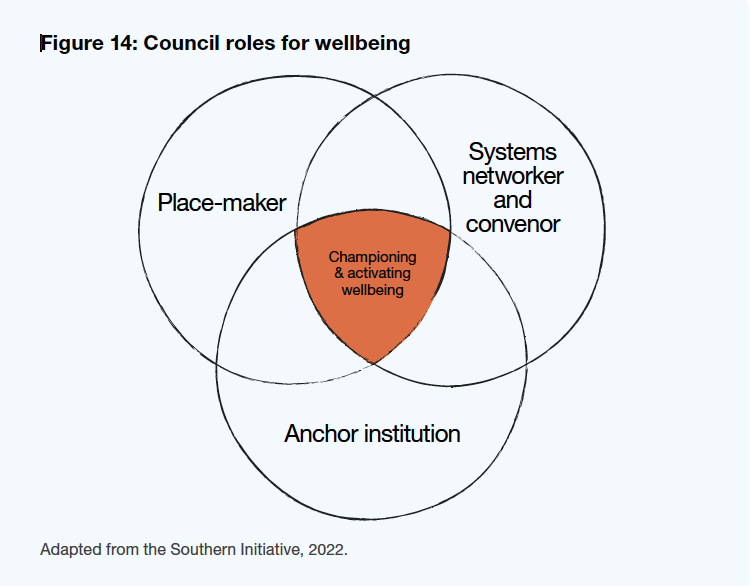Sitting rather quietly in the background over the last year, compared to ‘3 Waters’, has been the Government’s review of the future of local government.
The review is looking at issues like:
- The ‘division of labour’ between central and local government;
- The broadening of local government’s role in fostering social well-being;
- Enhancing Māori – and broader civic – participation in local government decision-making;
- Providing new funding mechanisms for local authorities;
- Re-examining central government funding as local authorities implement government-mandated regulations and initiatives and/or assume larger social well-being roles.
The Draft Report from this exercise was released last week. Submissions will be accepted from any and all until 28 February 2023 at submissions.futureforlocalgovernment.govt.nz
Sprinkled through the report are tantalising recommendations like lowering the voting age, lengthening local body terms to four years, and a climate mitigation fund for local councils.
However, what I find of most interest in the report are suggestions of greater devolving of responsibility to local authorities to achieve certain social well-being outcomes, for example with respect to housing or job creation. These are two areas where our local councils have demonstrated some innovative leadership.

The implications are that: a) local councils, knowing their turf and having the relevant networks and relationships, are better suited to figuring out the ‘how’ of meeting social well-being targets set by government; and b) that central government funding should accompany such ‘place-based’ projects.
While there’s plenty of aspirational rhetoric in the Draft Report about central/local partnership and better using the strengths of each party, at the end of the day it boils down to who’s paying the tab. And if more funds are placed in local council hands, what are the accountability mechanisms that protect those investments.
The current Government has made clear that it doesn’t regard local government as up to the task with respect to ‘3 Waters’ management; what is its view with respect to housing, climate change, jobs or public safety?
Methinks there will be a lot of ‘experimental projects’ around NZ before a wholesale delegation of authority to local bodies takes place.
Here’s a summary of the recommendations regarding funding:
“That central government expands its regulatory impact statement assessments to include the impacts on local government; and that it undertakes an assessment of regulation currently in force that is likely to have significant future funding impacts for local government and makes funding provision to reflect the national public-good benefits that accrue from those regulations.
That central and local government agree on arrangements and mechanisms for them to co-invest to meet community wellbeing priorities, and that central government makes funding provisions accordingly.
That central government develops an intergenerational fund for climate change, with the application of the fund requiring appropriate regional and local decision-making input.
That central government reviews relevant legislation to:
a. enable councils to introduce new funding mechanisms
b. retain rating as the principal mechanism for funding local government, while redesigning long-term planning and rating provisions to allow a more simplified and streamlined process.
That central government agencies pay local government rates and charges on all properties.”
Our councils were all individually consulted for this review in past year and will now have their opportunity to react to the draft recommendations. But individual citizens and interest groups can weigh in as well. You can download the Draft Report here.
Stay tuned.

